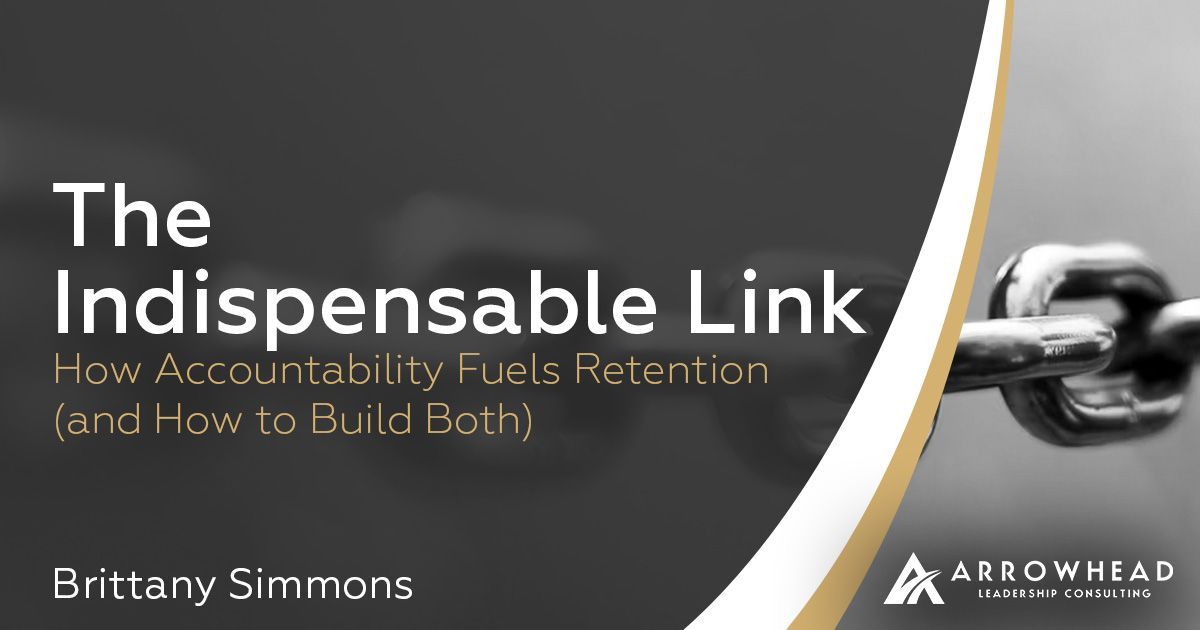The Silent Killer of Teams: Lack of Trust
You walk into the room and suddenly… the chatter stops.
Morale dips. Gossip spreads. Productivity tanks.
Trust isn’t just “nice to have.” It’s the foundation of every winning team, and when it cracks, everything else falls apart.
Learn how emotional intelligence and self-accountability can rebuild trust and save your culture before it’s too late.
You turn the corner in your office and feel your stomach drop. The once-lively chatter fades as you appear. A trusted employee has lied to you, and whispers of gossip begin to rise. Complaints pile up, morale feels shaky, and you can’t quite put your finger on what’s wrong, but something definitely is.
More often than not, the root issue is trust.
When trust begins to erode in a team or organization, the symptoms are subtle at first but quickly compound. Employees stop communicating openly. High performers start to question their leaders. Mediocre performers disengage further. Productivity declines, and metrics begin to suffer. At this point, the damage can feel irreparable.
Trust is the foundation of every successful business and high-performing team. When it’s strong, people thrive. When it weakens, everything suffers.
As a leader, one of your most critical responsibilities is to monitor the health of trust within your team, and act decisively at the first sign of trouble. It’s not just an HR issue or a “soft skill.” It’s a core business imperative. Teams that trust each other and their leaders perform better, innovate more, and weather challenges with greater resilience.
So, how can leaders and organizations regain lost trust?
It starts with emotional intelligence.
According to a Harvard Business Review study, the two most commonly underdeveloped leadership traits are emotional self-awareness and empathy, both of which are essential for building and restoring trust (Goleman, Boyatzis, & McKee, 2013). When leaders understand their own emotional impact and genuinely empathize with their teams, trust naturally follows and self accountability improves.
Further research backs this up. A meta-analysis published in the Leadership & Organization Development Journal found that emotionally intelligent leaders foster stronger, more resilient teams (Harms & Credé, 2010). These leaders are better at navigating conflict, supporting their people, and creating a culture of psychological safety by utilizing their people’s skills and building an environment of shared purpose.
At the heart of regaining trust is consistent, authentic behavior, a.k.a self accountability: saying what you mean, following through on commitments, listening more than you speak, and creating communication platforms for candid conversations. It’s also about recognizing when things are off and having the personal courage to address it.
This is a core focus of the work we do with our clients. We help leaders uncover the invisible trust gaps holding their teams back and guide them in developing the emotional intelligence and strategies to rebuild those bridges.
Worried you might have a trust issue? Don’t ignore the signs. Trust is hard to earn and easy to lose, but with the right approach, it can be rebuilt.
Let us help you strengthen the foundation your team truly needs to thrive.
Arrowhead Leadership Blog











